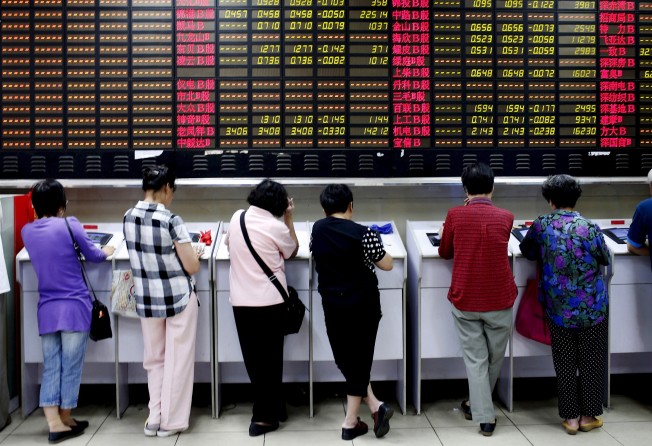State-run funds to get privilege investing in China IPOs
New rules will allow companies to allocate at least 40pc of IPO offline allotments to state funds

China’s state-run mutual and pension funds will have privileged access to the offline allotment of all initial public offerings (IPOs) in the mainland, thanks to the latest amendment to the securities issuance and underwriting rules.
The amendment issued on Tuesday by the State Council’s Legal Affairs Office will allow companies planning to list to allocate at least 40 per cent of the offline allotment of the offering to state-run funds including mutual funds, the National Social Security Fund and the Basic Pension Insurance Fund.
Such privileged access would help boost the funds’ returns as IPO shares typically surge to record levels on the first days of trading, delivering handsome gains for investors.
Under the amended rules, the offline allotment for companies with a share capital of less than 400 million yuan should not be less than 60 per cent of the IPO shares, and that for companies with 400 yuan or more in share capital should not be less than 70 per cent.
China’s A-share market has been hit by an “investing in IPOs” craze since last year. This is because the market regulator, China Securities Regulatory Commission (CSRC) had interfered with IPO pricings, keeping the offering prices at low levels to prevent companies from excessive fundraising. As a result, IPO shares have become a safe bet for investors – particularly individuals – who subscribed to the offerings, as they usually soar on first-day trading.
Based on calculations by the mainland’s Securities Times, newly listed shares surged by their 10 per cent daily trading limit for 13.6 straight trading days on average after their debut in February this year. But the new share boom has eased over the months, and the duration of the rally declined to three consecutive days in August.
But an IPO bonanza also dents buying interest in existing stocks amid a flight of funds from the secondary market to the primary market.